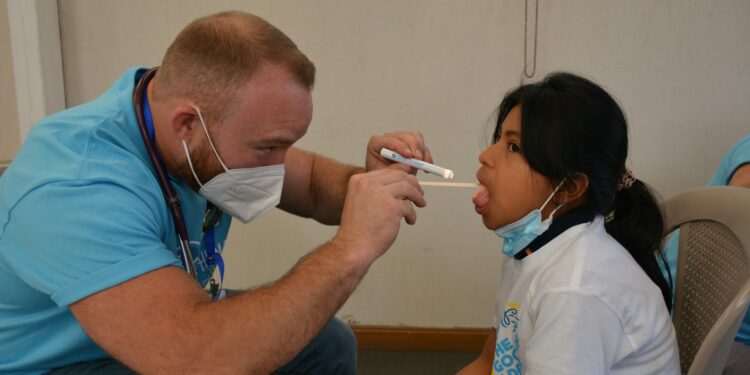Groundbreaking Drug Offers Relief For Alzheimer’s Agitation
Recent research indicates that a synthetic version of THC, the active component in cannabis, may help alleviate agitation in individuals with Alzheimer’s disease. Findings presented at the International Psychogeriatrics Association meeting in Buenos Aires revealed that synthetic THC, known as dronabinol, also positively impacted the well-being of caregivers for these patients.
This research offers hope to the families of the approximately 7 million Americans living with Alzheimer’s or related forms of dementia. Behavioral issues occur in about 90% of these individuals, with agitation being the most prevalent, affecting 40% of patients.
Patients experiencing agitation may exhibit behaviors such as pacing, wandering, yelling, and even verbal abuse, which can lead to significant stress and burnout among their caregivers.
Dr. Brent Forester, a co-author of the study and director of behavioral health at Tufts Medicine in Boston, noted, “It’s often the agitation, rather than memory loss, that leads individuals with dementia to seek emergency care or long-term placements. Dronabinol could reduce healthcare expenses while also benefiting the mental and physical health of caregivers.”
The study involved 75 outpatients diagnosed with Alzheimer’s dementia. Over three weeks, participants received either 5 milligrams (mg) of dronabinol twice daily or a placebo. The results indicated a significant reduction in agitation symptoms among those taking dronabinol, with the medication being well-tolerated by patients.
“Dronabinol seems to be as effective, if not more so, than the only other FDA-approved medication currently available for treating agitation in this demographic,” Dr. Forester stated.
Previous pilot studies had suggested that cannabinoid therapies might effectively address agitation in individuals with dementia.
“While additional analysis is necessary to identify factors influencing treatment responses for guiding future trials and clinical applications, the initial results are very promising,” Forester commented in a Tufts news release.
Since these findings were shared at a medical conference, they should be regarded as preliminary until they are published in a peer-reviewed journal.

































Discussion about this post